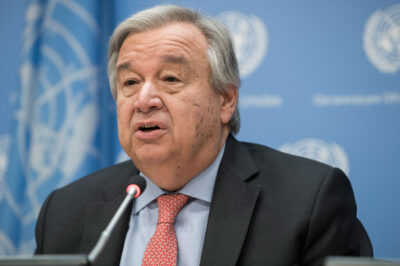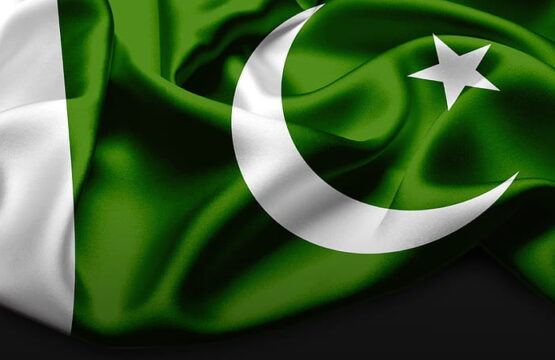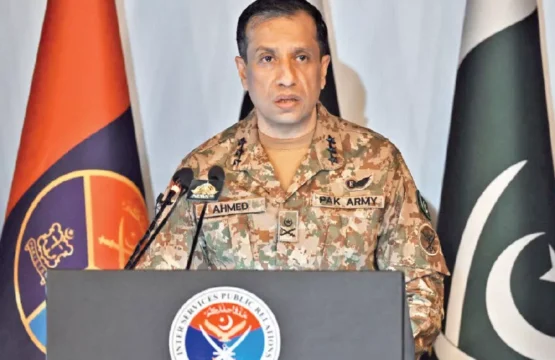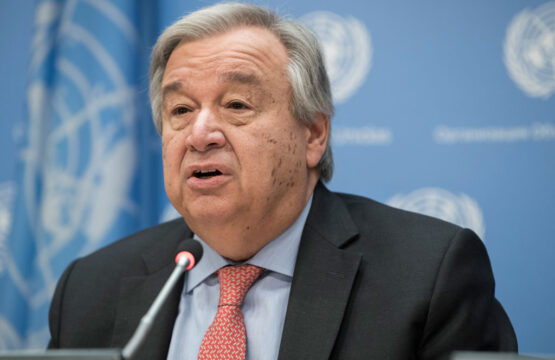New York, May 6, 2025 (WAI): In the wake of the tragic attack in Pahalgam, which has intensified tensions between India and Pakistan, United Nations Secretary-General António Guterres has called for immediate restraint and a renewed focus on diplomatic solutions to prevent further escalation in the region.
“This is a critical moment,” stated Secretary-General Guterres. “Tensions between India and Pakistan are at their highest in years. Now is the time for maximum restraint and stepping back from the brink. A military solution is no solution.”
The Secretary-General expressed deep concern over the loss of lives in the Pahalgam incident and the potential consequences of retaliatory actions. He reiterated that both countries must avoid any further provocation and instead focus on dialogue and conflict prevention.
“I offer my good offices to both governments in the service of peace,” said Guterres. “The United Nations stands ready to support any initiative that promotes de-escalation, diplomacy, and a renewed commitment to peaceful coexistence.”
Also Read: Benazir Bhutto – A legacy of diplomacy, empowerment, and advocacy
The Secretary-General urged both sides to uphold international law, including the principles enshrined in the UN Charter. He highlighted the grave risks of miscalculation in a region where any military conflict could rapidly spiral beyond control, threatening regional and global peace.
He also called on the international community to support confidence-building measures and encourage direct communication between New Delhi and Islamabad to reduce misunderstandings and build trust.
As the situation develops, the UN remains committed to monitoring the crisis closely and engaging with both parties through diplomatic channels.
“Peace is not merely the absence of conflict,” Guterres concluded, “it is the presence of justice, dialogue, and mutual respect. We must not allow violence to replace reason.”
International Relations Scholar interested in National Security strategies, with a good focus on Geo-Politics, Foreign Policy, and Public & Cultural Diplomacy.








Leave a Reply